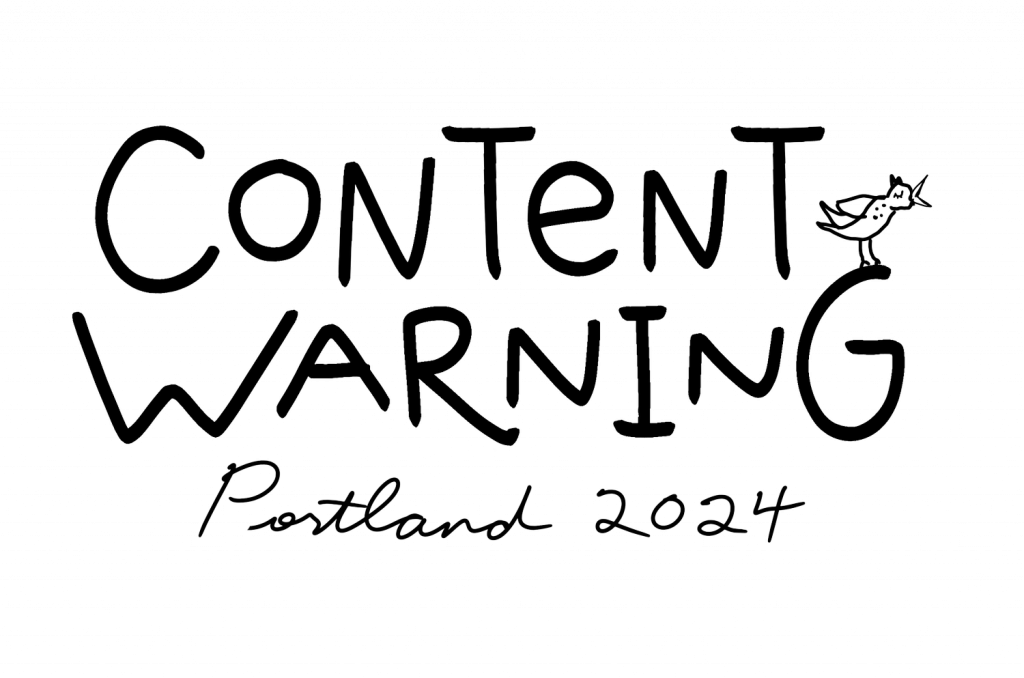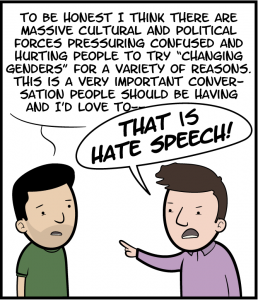[Content Note: Frank sexual talk, including discussion of masturbation.]
This week, I want to blog about chapter three of Changing Paths by Yvonne Aburrow. This chapter is titled “Religion and Sexuailty.”
I’ve struggled a bit with figuring out how I want to handle this chapter. It’s the first chapter where none of the blog prompts really resonated with me in a way that made me think of a way to blog about them.1 So I’ve decided to “free-style” it and just share whatever thoughts on the topic came up while I was reading this chapter.
Of course, I’ve also struggled a bit with remembering what my thoughts and feelings were when reading this chapter. As of the time I’m writing this post, I’m ready to start chapter 11 in the book and will very likely have finished the entire book by the time it gets published. I guess that’s the one down side to establishing a posting schedule. But I shall do my best.
My relationship with my sexuality when I was an evangelical Christian was a complete mess, and not solely because I was gay. For those who may not be familiar with evangelical culture, purity culture is often a huge part of that, and my upbringing was no exception.
I will note that my experience with purity culture was not nearly as intense as some of my friends in the various deconstructing and former evangelical communities I’m involved with. While I got a few messages about how having sex before marriage makes you like a chewed up piece of gum or a tissue someone has already blown their nose into, I know many people who had those messages driven home to them far more frequently and emphatically than I ever did.
In some ways, I think I had it easier as a guy than many of my female friends did. There often seems to be a certain amount of “boys will be boys” mentality even among evangelicals when it comes to sex. This is not to say that boys get a free pass in purity culture, mind you. And there’s always that messaging that depicts men and boys as barely controlled monsters full of hormones and lust, so a lot of guys (and I wasn’t totally exempt from this myself) tend to have negative self-perceptions and internalize a lot of guilt and shame over perfectly normal urges.
That’s where it gets complicated for me. As a gay boy who is essentially a Kinsey 6. “Lusting”2 after girls and women was never really a problem. In fact, I remember trying to imagine kissing a female classmate when I was in high school and finding the idea weird and a little disturbing.
But when I eventually realized that I was attracted to male classmates, that became troubling. After all, the only thing worse (or so I thought) than lusting after a girl was lusting after a boy! I was devastated and spent years in denial, trying to convince myself that it was just a phase, then a few years trying to pray my way to deliverance from my “same sex attractions”3
As an aside, I was online acquaintances with Peterson Toscano and took part int he Beyond Ex-Gay website/movement, both of which got a mention in this chapter. That brought back pleasant memories.
In addition, like most teenage boys (and I suspect most teenagers in general), I greatly enjoyed pleasuring myself. I mean, why wouldn’t I? It feels good and offers some great health benefits. Granted, I didn’t know about the health benefits at the time. But it’s often difficult for a young person whose body is teaming with hormones to resist the urge. I did not resist them. Oh, I’d try, but I’d eventually give in and feel a mountain guilt over it.
In general, I’d say that purity culture tends to destroy young people’s connections to their bodies in addition to their sexuality in general. You’re taught to see your body as this great source of temptation and sinfulness, and that really messes you up. I know it certainly messed me up.
I think that’s one of the things that drew me to Freyja when I turned to Paganism. She is an unapologetically sexual goddess and owns her sexuality as something to be proud of. Furthermore, she embraces all expressions of sexuality, regardless of who you are attracted to or involved with.4 That’s something I needed, so I embraced her and learned to love myself, my body, and my sexuality.
It’s something I”m still working on in some ways, mind you. I do have certain body insecurities. But I know longer see my body or sexuality as a moral failing. And that’s a definite boon.
Footnotes
- I will note, however, that I absolutely loved the meditation Yvonne included at the end of this chapter. I have done similar exercises in my own witchcraft practice before, including an exercise that my mentor and would-be initiator had me do when I was exploring the possibility of becoming an initiate of the Minoan Brotherhood, which Yvonne mentioned in this chapter. ↩︎
- I will note that the way that purity culture turns all sexual desire — and especially sexual desire that’s not “purified” by romance and/or marriage — into something sinful and dirty totally grinds my gears. To the point that I once wrote something on the topic and titled it “Sacred Lust.” ↩︎
- I have complicated feelings about that phrase, given the way it’s used in ex-gay ministries and among conversion therapists. I am so thankful I can abandon it these days and just say I’m gay. But such organizations have long pushed the idea that even identifying as gay rather than just saying you “struggle with same-sex attractions” is bad. I’ve addressed that before. ↩︎
- If my readers will allow me to throw a but of unconfirmed personal gnosis out there, the only way I’ve seen to piss off Freyja when it comes to love and sexuality is if you weaponize them to abuse or otherwise intetionally harm another person. You do that, you better watch out. ↩︎


